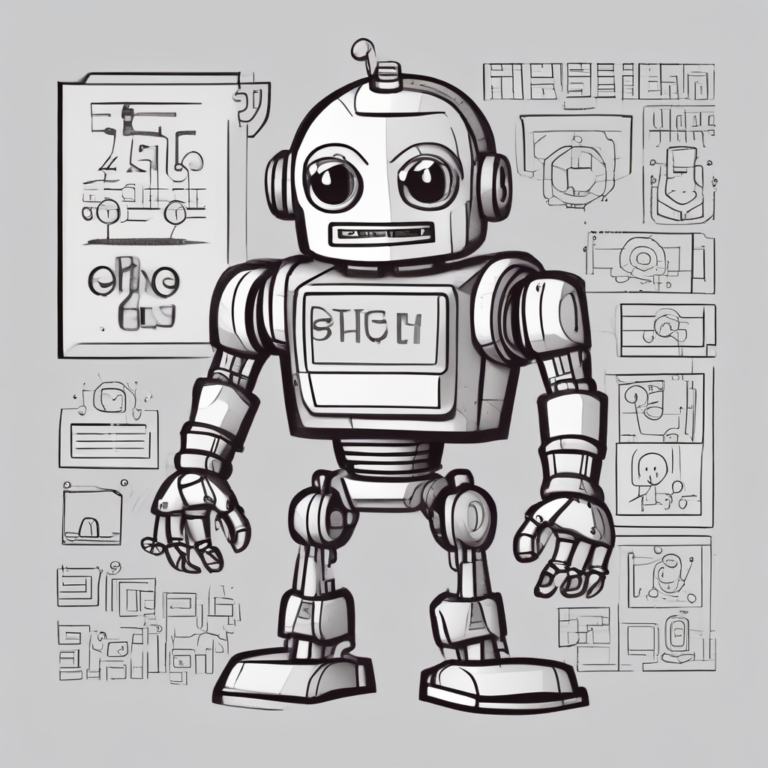Global AI Governance: An Urgent Call to Action
In a rapidly evolving technological landscape, the need for a comprehensive global framework to address the human rights implications of artificial intelligence (AI) has never been more critical. Recent discussions at an international conference held in Doha have highlighted the urgent call for action from various stakeholders, including human rights organizations and national institutions.
The Call for a Global Framework
Chief Human Rights Commissioner of New Zealand, Stephen Laurence Rainbow, emphasized the significance of establishing a global governance framework for AI. During the conference, he noted, “AI is already impacting our lives across the globe in multiple ways, yet there is still no comprehensive framework to navigate both the challenges and opportunities it presents.” This statement underscores the dual nature of AI technology: while it offers groundbreaking potential, it also poses serious risks to fundamental rights.
Importance of the Conference
Rainbow commended Qatar’s National Human Rights Committee (NHRC) for its leadership in organizing the conference, which brought together various stakeholders to discuss the profound implications of AI technology. The event served as a platform for dialogue about the challenges of technological disruption and the necessity for collective action in safeguarding human rights in the age of AI.
Human Rights and AI
The human rights dimension of artificial intelligence was central to the discussions, as participants explored both the positive potential and the serious risks associated with AI applications. For instance, advancements in AI can revolutionize sectors such as healthcare and education, providing unprecedented benefits. However, these advancements come with risks, particularly concerning personal privacy and other fundamental rights.
Productive Dialogue
Reflecting on a session he participated in at the conference, Rainbow described it as providing a balanced view of the benefits and risks associated with AI. “Our panel discussed the positive potential of AI… but also the serious risks it poses—particularly to personal privacy and other fundamental rights,” he explained. This insight highlights the need for ongoing dialogue between human rights organizations and technology experts to navigate the complexities of AI.
Conclusion: A Collaborative Effort
As the dialogue around AI continues to evolve, the collaborative efforts initiated by events like this conference are vital. The NHRC’s initiative represents a significant contribution toward a global effort to safeguard human rights in the age of AI. Engaging in timely and important discussions is essential for ensuring that the opportunities presented by AI are harnessed responsibly, with a firm commitment to protecting human dignity and rights.









